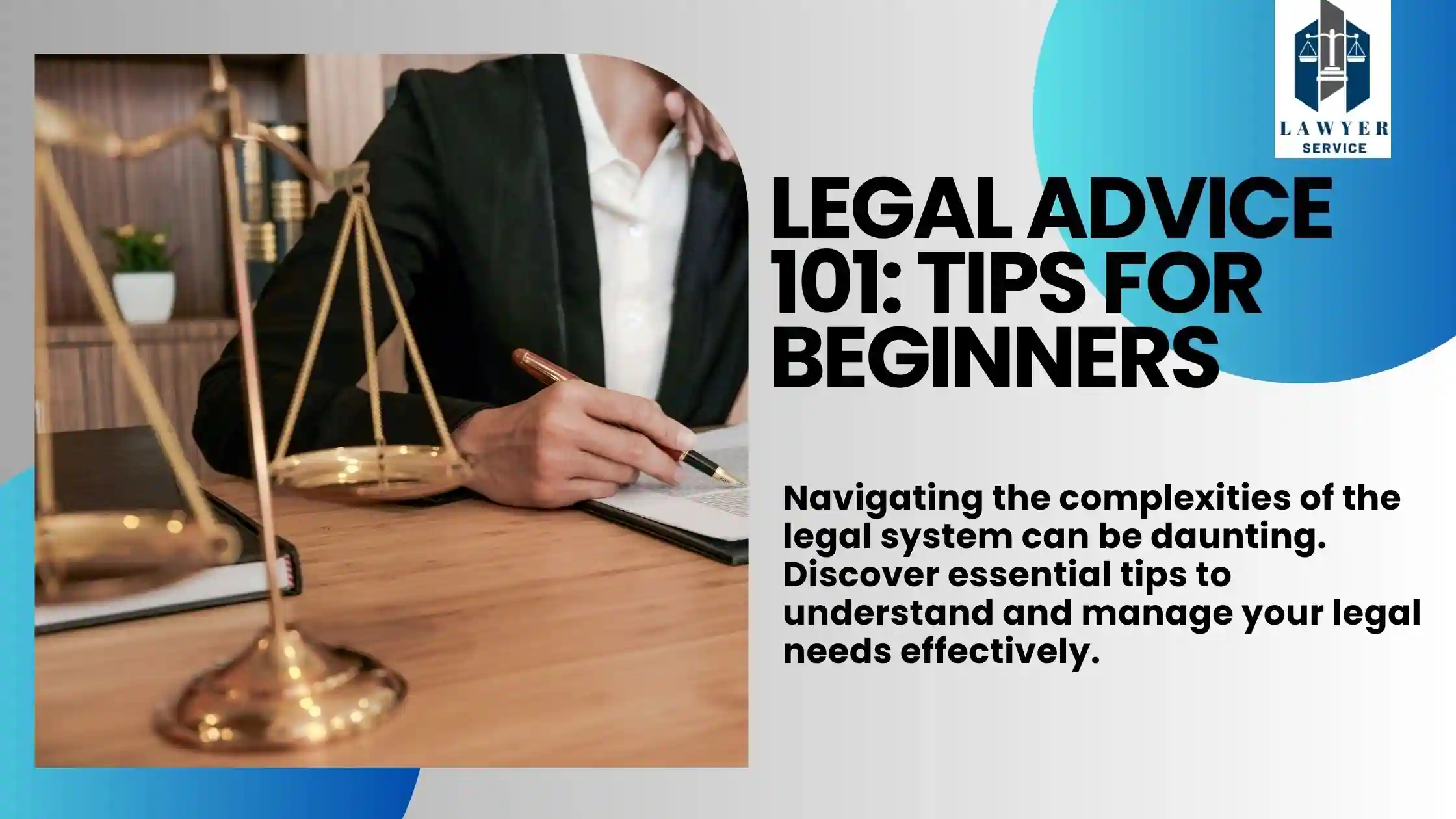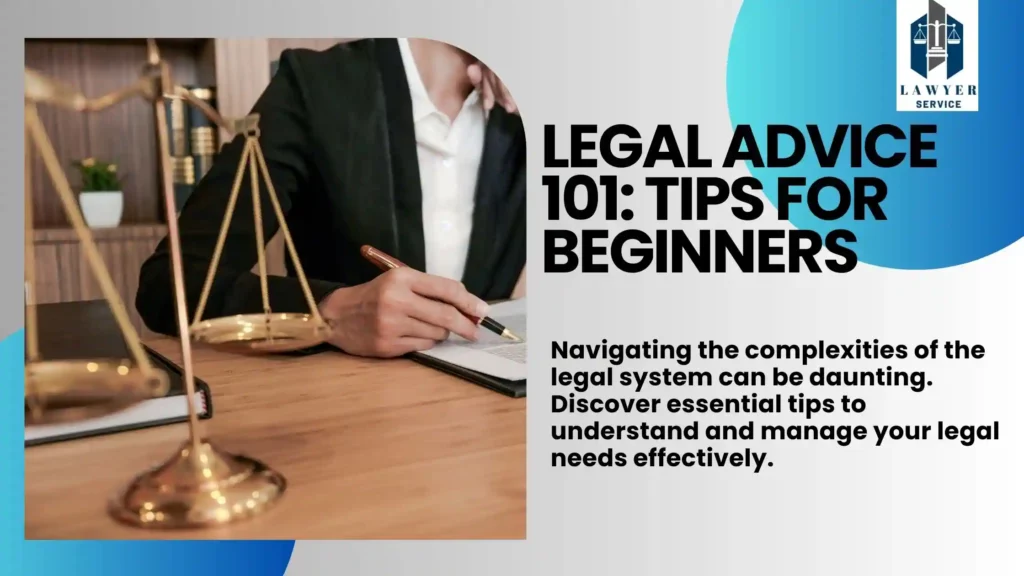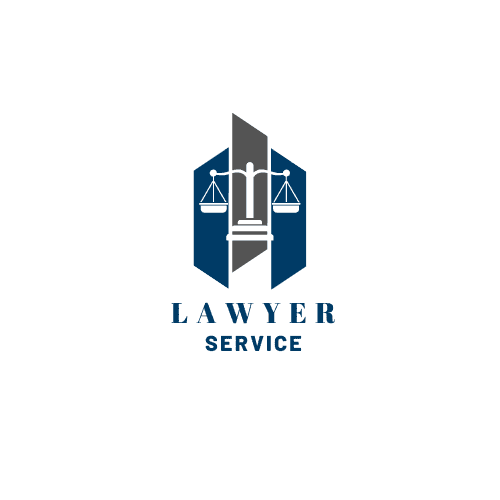

Table of Contents
Legal Advice For Beginners 101: Tips for Beginners
Navigating the legal world for the first time can feel overwhelming. Whether you’re dealing with a personal issue, starting a business, or simply want to understand your rights, it’s important to have a basic grasp of how the legal system works. This guide will walk you through essential legal advice for beginners so you can feel more confident and prepared.
1. Understand the Basics of Law
Before you dive into legal issues, take time to understand the basic categories of law. These include:
- Criminal Law: Deals with offenses against the state or public.
- Civil Law: Involves disputes between individuals or organizations (e.g., contracts, property).
- Family Law: Covers issues like divorce, child custody, and adoption.
- Employment Law: Relates to workers’ rights, contracts, and workplace disputes.
- Business Law: Involves starting and running a business legally.
Knowing which category your issue falls under helps you find the right kind of help.
2. Don’t Rely on Verbal Agreements
Legal Advice For Beginners Many legal problems begin with someone saying, “But we had a deal!” Always get agreements in writing, even if it’s just a simple contract or email confirmation. Written documents protect your interests and provide proof if a dispute arises.
3. Know When to Consult a Lawyer
Not every situation needs legal representation, but certain circumstances do. You should consider consulting a lawyer when:
- You’re being sued or want to sue someone.
- You’re drafting a business contract or lease.
- You’re facing criminal charges.
- You’re going through a divorce or child custody battle.
- You’re buying or selling property.
A good rule of thumb: When in doubt, ask a professional.
4. Stay Organized and Keep Records
Create folders—physical or digital—for any legal documents, contracts, court papers, or communications. Organization helps you stay on top of deadlines, reduces stress, and improves your chances if you need to present your case or defend yourself.
5. Learn Your Rights
You don’t need to be a lawyer to understand your basic legal rights. Depending on your country or state, you may have protections related to:
- Free speech
- Fair housing
- Employee rights
- Consumer rights
- Privacy
Look for official government websites for accurate and up-to-date legal information.
6. Use Free or Low-Cost Legal Resources
Legal help doesn’t have to be expensive. Many areas offer:
- Legal aid organizations
- Pro bono lawyers
- Community legal clinics
- Online resources (e.g., government legal portals or bar association websites)
These can be a good starting point if you’re on a tight budget.
7. Avoid Legal Myths
Be careful of legal advice from unverified sources. Social media, friends, or outdated websites may spread legal myths. Always fact-check with a licensed attorney or official resource. Laws change often—what worked for someone else last year may not apply to your situation now.
Final Thoughts
Legal matters can be stressful, but with the right mindset and resources, you can take control and protect yourself. Start small, stay informed, and don’t hesitate to seek expert guidance when needed.


helloI really like your writing so a lot share we keep up a correspondence extra approximately your post on AOL I need an expert in this house to unravel my problem May be that is you Taking a look ahead to see you